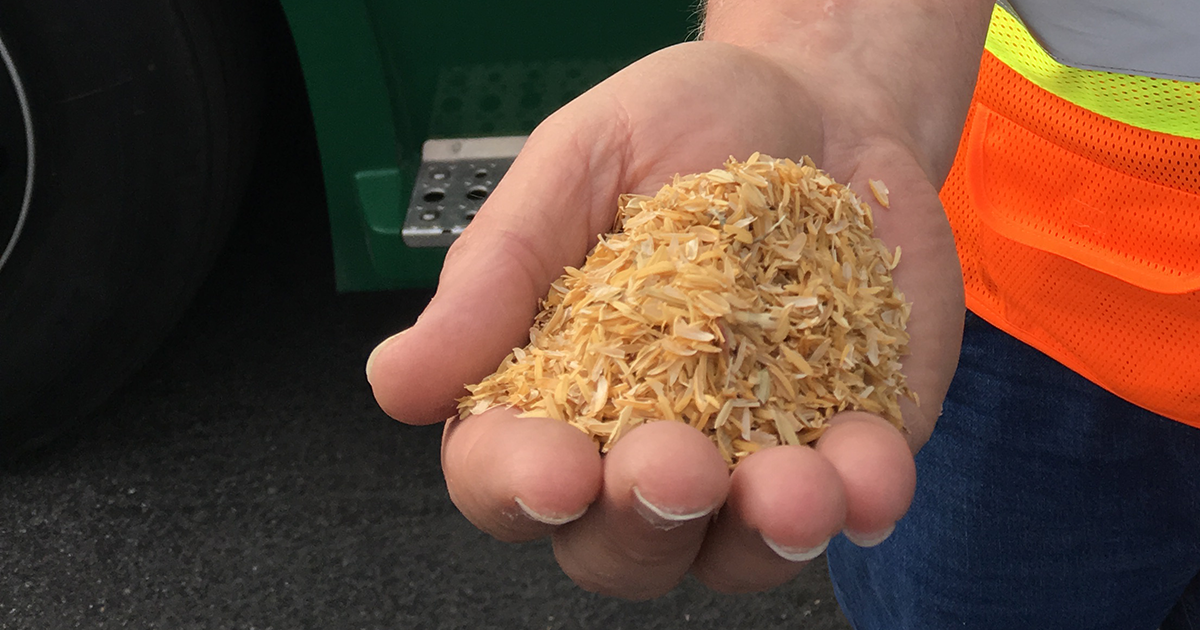Topics from this blog: Green Lynden Lynden Transport Truckload
We are looking for motivated, talented, and career-oriented individuals in a variety of positions.

 Aligned with Lynden's overall Green Initiative, Lynden Transport is staying committed to innovation and protecting the environment. Managing trucks and freight in urban areas is a challenge, since storm water runoff can create potential pollutants. At the Fife, WA Service Center, Safety Supervisor Keith Johnson and Director of Safety Steve Schultz have taken sustainable storm water management to new levels.
Aligned with Lynden's overall Green Initiative, Lynden Transport is staying committed to innovation and protecting the environment. Managing trucks and freight in urban areas is a challenge, since storm water runoff can create potential pollutants. At the Fife, WA Service Center, Safety Supervisor Keith Johnson and Director of Safety Steve Schultz have taken sustainable storm water management to new levels.
Trucks, trailers and forklifts may produce metal particles that are regulated as pollutants in many states. Oils and fluids are also heavily regulated. "There are strict regulations on these materials, and it is important to prevent them from reaching streams and rivers," Keith says. "We teamed up with a company called Enpurion on an innovative solution."
The goal was to achieve the highest level of compliance and reduce maintenance operating expenses. By performing a flow-weighted analysis, the team found a way to improve the performance of the catch basins while reducing the cost of treatment by one-third.
A cellulose-based material made entirely of organic husks was chosen for use in the catch basin inserts. The husks are treated with food-grade materials to absorb oils, heavy metals and capture particles. The material is a renewable and sustainable part of organic food production, so no new waste is created, and no potentially harmful farm products are present. The new program has also allowed Lynden Transport to reduce sewer cleaning and maintenance costs. Keith is pictured above with a handful of the husks.
"The savings exceed the cost of the entire storm water treatment program, so everybody wins. Our efforts to do the right thing are good for the company and the environment," Keith says.
Topics from this blog: Green Lynden Lynden Transport Truckload
We are looking for motivated, talented, and career-oriented individuals in a variety of positions.